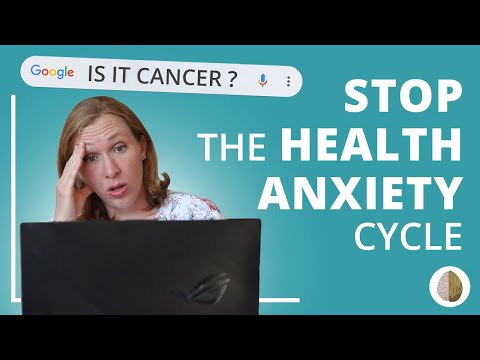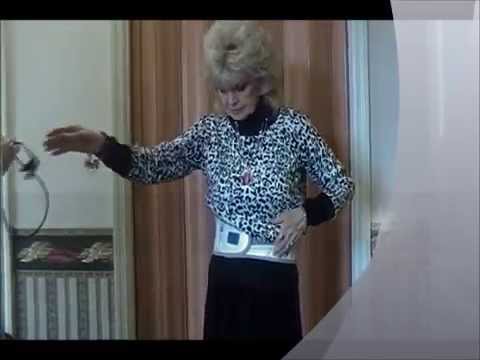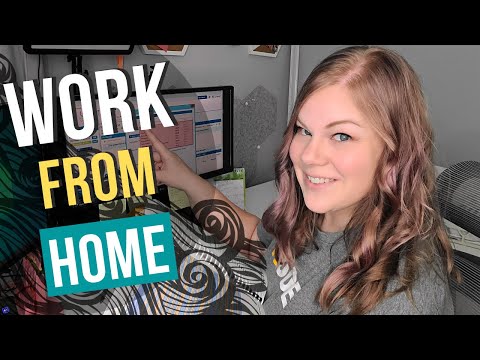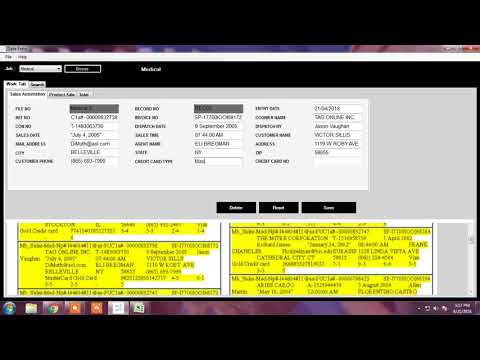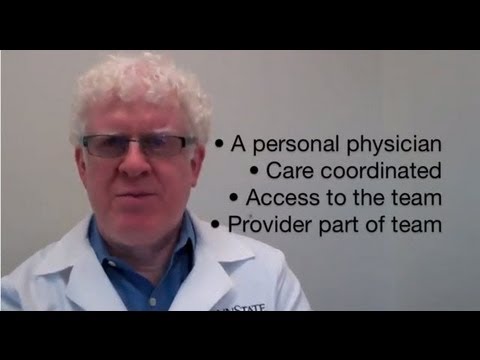How to Calm Down From Health Anxiety
Contents [show]
It’s normal to worry about your health from time to time, but if you find that you can’t seem to calm down from health anxiety then you may need to seek professional help.
Checkout this video:
Introduction
If you’re worried about your health, it’s important to remember that most health anxiety is unfounded. However, if your anxiety is severe and interfering with your daily life, it’s worth seeking professional help. In the meantime, there are a few things you can do to calm down from health anxiety
First, it’s important to understand how anxiety works. When you’re anxious, your body goes into “fight or flight” mode, which means that your heart rate and blood pressure increase and you start to breathe more quickly. This is all part of the body’s natural defense mechanism, but it can be distressing. If you can learn to recognise when your body is going into fight or flight mode, it can be helpful in managing your anxiety.
Once you’veidentified the physical symptoms of anxiety, there are a few things you can do to calm down:
– Take slow, deep breaths. This will help to slow down your heart rate and return your breathing to normal.
– Practice relaxation techniques such as yoga or meditation. These can help to focus your mind and calm your body.
– Exercise regularly. Exercise releases endorphins, which have mood-boosting effects.
If you’re struggling to manage your health anxiety on your own, it’s important to seek professional help. A therapist can work with you to identify the cause of your anxiety and develop a treatment plan that may include medication or exposure therapy.
What is health anxiety?
Health anxiety is the fear of becoming ill or the belief that you are already sick. It’s different from hypochondria, which is defined as a preoccupation with having or developing a serious illness. People with health anxiety are fixated on a specific symptom or set of symptoms, and they often spend hours researching their symptoms online. Health anxiety can be a response to a traumatic event, such as 9/11, or it can be tied to an underlying mental health condition, such as panic disorder or OCD.
The physical symptoms of health anxiety
When you’re anxious about your health, you may experience a range of physical symptoms. These can include:
-muscle tension
-dizziness
-a racing heart
-sweating
-trembling
-shortness of breath
-stomach upset
-headaches
-insomnia
The psychological symptoms of health anxiety
When you’re worrying about your health, it’s easy to become hyper-focused on your body and all of the potential ways that something could go wrong. This can lead to a lot of psychological symptoms, including:
-Excessive worry and rumination
– feeling on edge or agitated
-Difficulty concentrate or thinking about anything else
– Trouble sleeping
-Intrusive and unwanted thoughts about health
-Avoidance of anything that might trigger anxiety (avoiding doctor’s appointments, researching health conditions online, etc.)
These symptoms can be incredibly distressing and make it difficult to go about your day-to-day life. If you’re struggling with health anxiety, there are a few things you can do to start calming down.
How to calm down from health anxiety
If you’re someone who experiences health anxiety, you may have a hard time calming down when you start to feel anxious. You may feel like you have to constantly worry about your health and that something is always going to happen to you. However, there are a few things you can do to calm down from health anxiety.
Relaxation techniques
There are a number of different relaxation techniques that can be effective in managing health anxiety, including:
-Progressive muscle relaxation: This involves tensing and then relaxing different muscle groups throughout the body, one at a time.
-Deep breathing: This helps to slow down the breathing rate and promote feelings of relaxation.
-Visualization: This involves picturing peaceful or calming scenes in the mind.
-Mindfulness: This involves focusing on present moment experiences and letting go of worrying thoughts about the future.
-Yoga: This involves physical postures and breathing exercises that can help to promote relaxation.
Cognitive behavioral therapy
Cognitive behavioral therapy (CBT) is a type of talk therapy that can help you manage your health anxiety. CBT can help you learn to change the way you think about your health and your risk for developing medical problems.
CBT is usually provided by a mental health professional, such as a psychiatrist, psychologist, or licensed clinical social worker. It typically involves weekly 50-minute sessions. During CBT, you and your therapist will work together to identify and challenge the negative thoughts and beliefs that are driving your health anxiety. You will also learn coping and relaxation skills to help you manage your anxiety.
Medication
There are several types of medication that can be prescribed for health anxiety, depending on the severity of the symptoms. The most common type of medication is anti-anxiety medication, which can help to reduce the feelings of worry and stress. Other types of medication that may be prescribed include antidepressants, beta blockers, and antipsychotics. It is important to speak to a doctor about the best type of medication for your individual case.

